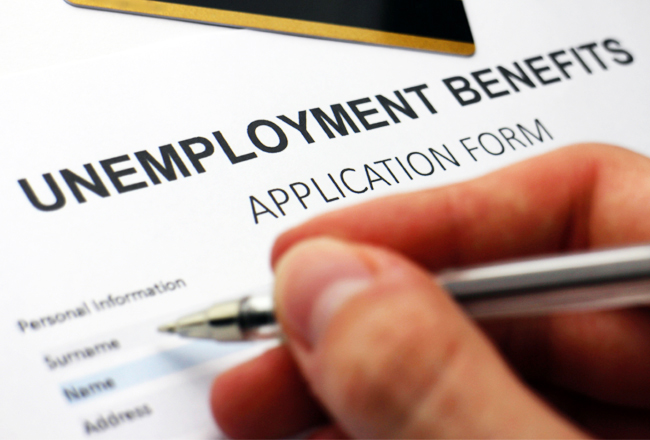Many Americans are spending more money on consumer products as a means to alleviate their anxiety during the COVID-19 pandemic, even as the financial health for many households is increasingly precarious.
 A new study by WalletHub estimated that roughly 58 million Americans are spending more money while social distancing at home. WalletHub polled 450 adults and found 43% of respondents have been “comfort buying” during this period, with most of the purchases going to entertainment (23%), alcohol (21%), clothing (15%) and beauty products (13%). However, relatively few respondents used their comfort buying dollars to buy toys (5%) or exercise equipment (3%).
A new study by WalletHub estimated that roughly 58 million Americans are spending more money while social distancing at home. WalletHub polled 450 adults and found 43% of respondents have been “comfort buying” during this period, with most of the purchases going to entertainment (23%), alcohol (21%), clothing (15%) and beauty products (13%). However, relatively few respondents used their comfort buying dollars to buy toys (5%) or exercise equipment (3%).
“Of those who have engaged in comfort buying, 63% are keeping their purchases below the $150 mark,” said Jill Gonzalez, a WalletHub analyst. “It”™s interesting that comfort buying behaviors vary by age. Around 60% of people aged 30 to 44 report comfort buying, compared to just 32% of people over age 59.”
Ironically, many of the items being bought as a means of tranquilizing stress created new stress: 57% of respondents expressed concern about the safety of the packages they had shipped to their homes, while 60% were concerned about the safety of restaurant food being delivered during the pandemic. And not everyone was materialistic, with 41% of respondents stating a preference for their pets as comfort animals over store-bought goods.
Separately, a study conducted by the Urban Institute and funded by the Robert Wood Johnson Foundation has determined 42% of nonelderly adults in families that lost work or income during the pandemic reported that their families were not able to pay either their housing costs or utilities, and were also food insecure and going without needed medical care.
The study, which polled 9,032 adults from March 25 through April 10, found 41.5% of respondents reporting they either lost their jobs or saw reductions in their working hours and income. These losses were greatest in Hispanic households (56.9%) and with adults whose incomes were below the poverty level (51.1%). And unlike the WalletHub study that found increased buying, 30.6% of adults in this study stated their families reduced spending on food and 43.1% put off major purchases.
To stay afloat financially, 27.9% of respondents said they either drew down savings or increased credit card debt. Looking ahead to the next month, 38.5% of respondents admitted they were worried about being able to work enough hours, 33.1% worried that they could pay their debts and more than one-quarter were agitated over the prospect of paying for housing, utility, and medical costs while being able to have enough food to eat.
“It is critical to ensure people can cover their essential expenses as the nation combats the pandemic,” said Michael Karpman, senior research associate at the Urban Institute. “While recent relief legislation will help, more federal action will be needed to provide additional assistance to struggling families.”






















